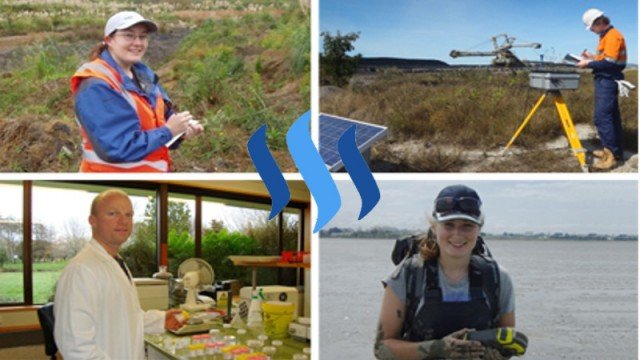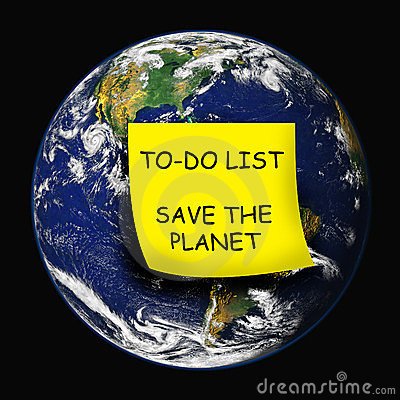How Do We Decide On Virtuous Role Models?
Who can we deem a proper exemplar for our actions? In an excerpt from his book Environmental Ethics for Canadians on "Three Canadian Environmentalist Exemplars", Byron Williston takes the subject of virtue ethics and moral judgment into question. More importantly, an analysis is made on whether or not we should consider certain actions as moral and why we should look to exemplars of moral and virtuous people to improve these qualities in ourselves.
The case study begins with an attempt to define virtue and ethics. According to Williston it is about being able to recognize situational nuance, continuing to define courage through the definition of Aristotle as a balance between being rash and gutless. He also argues if we are right in judging certain situations as moral, when they may just be reasonable action within the abilities of the people involved. As is the case in the example given of an athlete running into a burning building. Is he more virtuous than the bystander, who doesn't have the physical to do so without putting themselves in danger? If the unathletic bystander goes in and dies in an attempt to save a life, was it virtuous or simply foolish if he never had the ability to do so?
What follows for virtue ethicists is the notion that we should then instead aspire to become courageous through studying the actions of someone who is deemed courageous (in this case the athlete). This philosophy is held by Alasdair MacIntyre and called the "exemplar theory of moral education". This is highlighted through an analogy with a guitar player seeking a teacher, in that the goal is"not that you become your master's clone but that you adapt his guitar-playing wisdom know-how to peculiarities of your own abilities and limitations".
Staying on the topic of the notions of climate change and environmental well-being in the literature, three environmental exemplars are presented in the form of David Suzuki, Elizabeth May and Maude Barlow. David Suzuki, is a well-known broadcaster, activist, and scientist in Canada, has been an advocate for many different policies spanning all types environmental issues including those of the world's aboriginal communities. Also. an author of many books and co-founder of a foundation focused on similar issues, he stands out as a great Canadian exemplar on the topic of virtue in light of the environment. Along with Elizabeth May, the current leader of the Green party working to clean the Sydney Tar Ponds, and Maude Barlow chairperson of the Council of Canadians who has been a major player in our analysis of the condition of Canadian freshwater resources, many exemplars are available to study from. It is our job then to judge these goals or standpoints through the "virtues of sustainability: temperance, frugality, far-sightedness and ecological attunement" as define by Sandler. This will allow us to decide which and how much of a trait we want to embody in ourselves. Williston concludes by stating that this will improve our understanding and commitment to a cause as through time a strong disposition to act virtuously in accordance with your exemplars will build.
David Suzuki (right), musician Dan Mangan (left) and Elizabeth May.

Image Credit : kickasscanadians.ca
One criticism that can be drawn from this case study, is the question of how we deem someone a proper exemplar, which can become somewhat of a moral or ethics debate in itself. Although somewhat overused in conversation today, take the case of Trump. A man with strong political presence and leadership skills on one hand while being insanely narcissistic and disconnected on the other. It is obvious in some cases he is a poorly virtuous exemplar for most people, but there will always be a defense for the argument to the contrary. Any man who is able to actually become president must have at least some defendable qualities as this is no simple feat, even for trump. This might resort to situational nuance; the same as in regular moral judgments, which is what the argument from the study seemed to be avoiding.

Image Credit https://www.ammoland.com/2016/04/trump-as-businessman-is-it-in-the-genes/
The second follows from the first in that if large groups can't come to a conclusion on proper exemplars, should we follow these exemplars at all. Whether or not it can be accepted that the first criticism has any merit, when analyzing exemplars there must be underlying characteristics that are considered moral or virtuous. In the case of the environmentalists listed it is there advocating for and willingness to defend the environment in different ways. Could we not eliminate the middleman and just attempt to find an understanding of what those underlying attributes are and aspire to those instead of the exemplars themselves. This is to say, can we not train virtues like advocating for and willingness to defend the environment without emulating an exemplar?
In summary, this case study has a philosophy that is concise, clearly stated and well-defined. Using multiple examples the exemplar theory of moral education is presented in a way that seems plausible and encourages us to seek out these virtuous and moral exemplars to better ourselves.
Thanks for reading, hope you took something away from my little blurb. If you enjoyed, check out more of my content below! Upvote, comment and don't forget to 
for more daily articles like this!



good post. I follow you
thanks! appreciate it :)
You're my hero.
And @steemitqa
Why, thank you!! So kind :O
Hermes would agree with you. Well st the very least, I hands down agree.
It is why I started developing life skills courses.
You say that like i'm not the real Hermes Trismegistus ;) , I swear the z is for the ladies B^)
Lol. My little man's name starts with Z.
Interesting post man! upvoted.
thanks!
nice
thanks !! :)